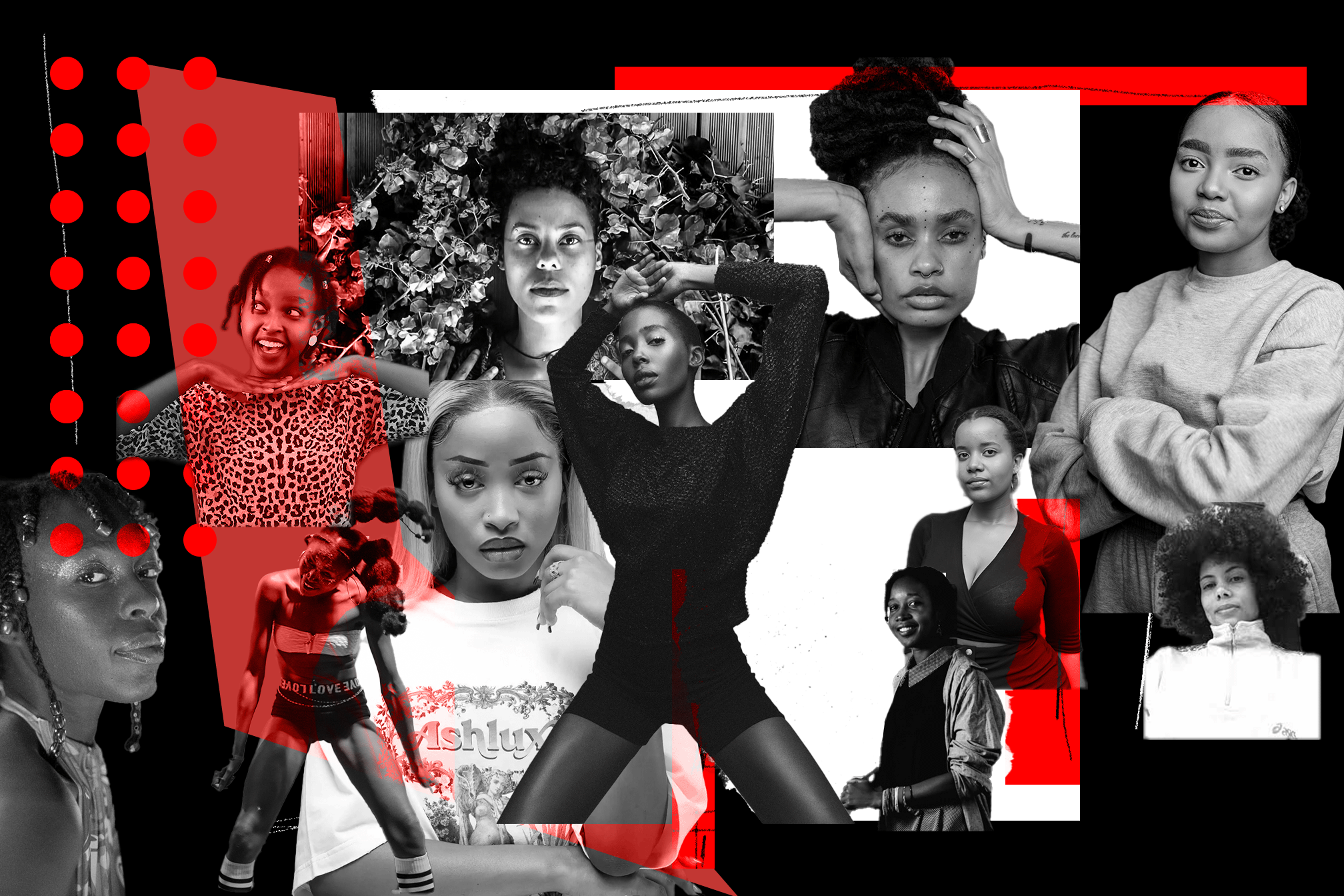 Features
Features
How Black women and queer communities are shaping the future of African electronic music
Shiba Melissa Mazaza examines how, in the face of male gatekeeping, misogyny and transphobia, Black women and people from queer and marginalised communities are setting the example for the future of African electronic music
The last few years have been a defining period for African electronic and dance music. Genres such as gqom, singeli, asakaa, amapiano, Bacardi/iNkwari, Afrotech, deep-, soulful- and Afro-Decalé-house - and others - are taking place as important movements in the evolution of Africa’s music scenes, at what is a critical and generation-defining time to join the global conversation around electronic music. It’s often been said that African electronic music is “the future”, with our sounds puncturing pre-existing beliefs around the continent’s inability to compete with the infrastructures of the Western world. However, the way that women and queer folk have been received in these burgeoning scenes depicts a rather more backward landscape, perpetuating double standards and the silencing of women in entertainment.
House music in particular made its way to the continent via South Africa in the late ‘80s and early ‘90s, at a time when cultural expression of Black communities was closely monitored and deeply subjugated. Since then, South Africa has championed most house music derivatives, but hasn’t always grasped the ideas of community, freedom and safety on which the genre was built.
Even though kwaito quickly became the most popular mutation of house music to sweep South Africa in the last few decades, the genre was criticised for its depiction of overtly sexualised women who had cast away their morals under the music’s influence. Today’s kwaito evolution comes in many forms, most notably in amapiano and gqom, where this sexist sentiment still lingers. The closer a woman comes to owning and performing her sexuality, the further she drifts from respect within South African house scenes. Artists such as Thandi Draai and LeSoul are lauded for their “class”, while “dancing DJs” TxC, Uncle Waffles and DBN GOGO are treated with contempt. For the latter, dancing has somehow become the calling card for mediocrity, even amongst a continent whose identities revolve around drums and dance as expressions of self and emotion. Even now, as DBN GOGO becomes one of the most hard-working amapiano producers in the scene, she is still considered “just a DJ” by those who haven’t bothered to see beyond their first impressions, with all of her efforts diminished as her decade-old tweets have been unearthed by men seeking to tarnish her name while attributing her success to wealthy family members.
Read this next: Why we started the Black Artist Database
As DBN GOGO detailed in our list of African women shaping the electronic and dance scenes across Africa last year, more women and queer folk have emerged and gained a following for the strong physicality and aesthetics of their performances, especially as the pandemic rendered visual impact more important than ever, with clubs and events shut down, and shows brought to national television for home consumption, such as Shimza’s Lockdown House Party and Major League DJz’s Balcony Mixes. With increased visibility comes increased scrutiny, as male DJs have begun to complain that both amapiano as a genre and the successful women within it have taken something from them in the realm of bookings, visibility and brand sponsorship.
This is a rather curious stance for men to take, as they have dominated dance scenes for more than a few years now. If you’re looking for a snapshot of what it tends to look like on the ground, count the women in the audience during 2019’s Mixmag Lab Johannesburg set featuring renowned and respected South African house pioneer Vinnie Da Vinci. While he may not be responsible for this imbalance, the “boys' club” mentality is still rife in these circles.
In response to this skewed ratio, movements past and present such as Sharon Cooper and Vivienne Quann’s [playground], Rosie Parade and Phatstoki’s Pussy Party, Anthea Duce and Stacy Renecke’s Not Sorry Club, AN.D’s Other Village People, and LeloWhatsGood’s VogueNights to name a few, have revolutionised South Africa’s dancefloors and created avenues for women and queer folk to thrive, but there is yet to be a #MeToo moment for dance music in the South, let alone across the continent. Thankfully, with the attention on South Africa’s dance scenes mounting internationally, all sectors of our scenes are forced to rethink their philosophies, and women clubgoers are making their presence known in spaces where they have never enjoyed the same freedom and access as their male equivalents. However, media platforms and those who control the narratives broadcast to the wider world seem unaware of — or maybe all too aware, and unmotivated to rethink —the impact of their biases.
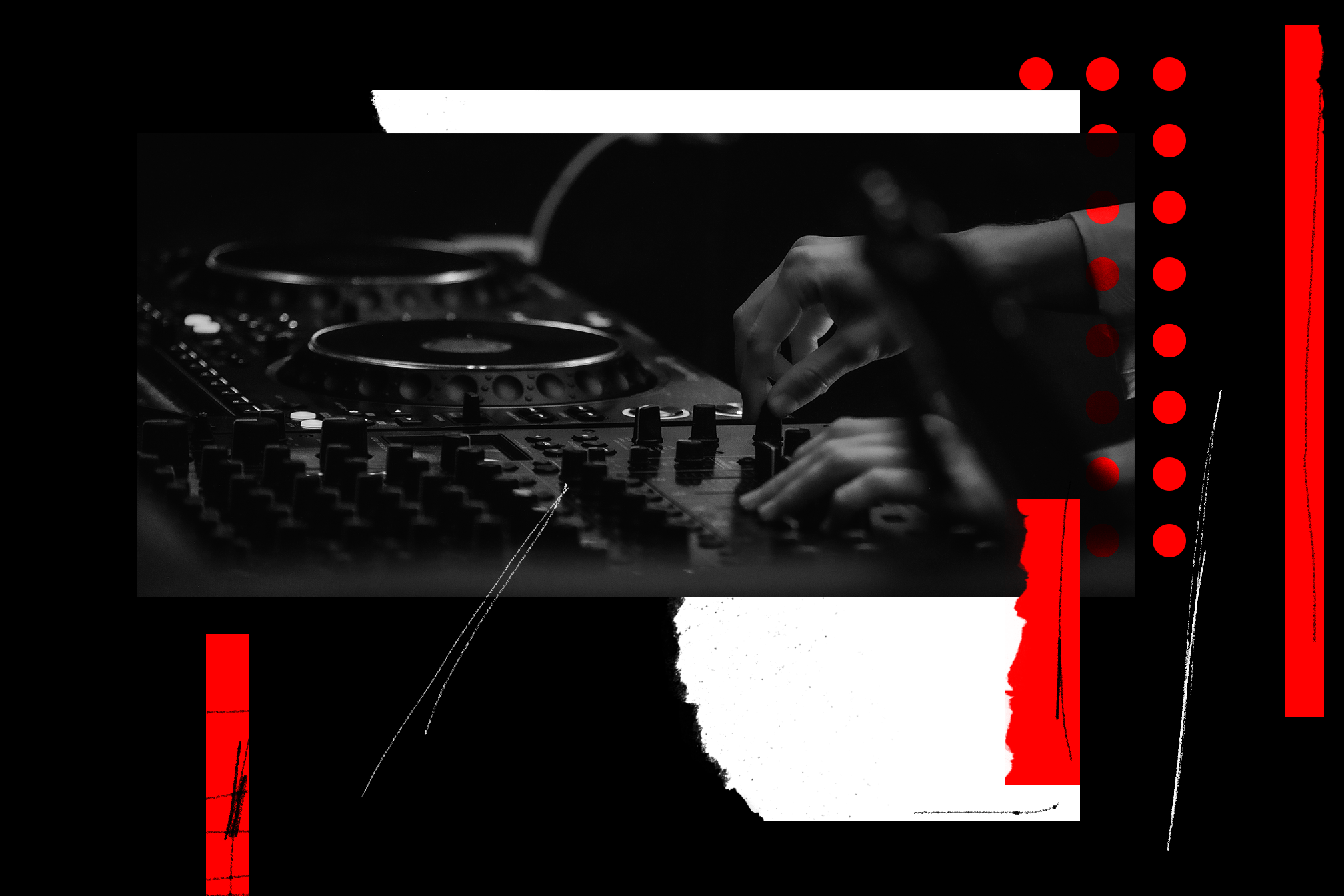
An incident that occurred between a woman named Nampree and producer-DJs Euphonik/Themba and DJ Fresh which involves serious allegations (that Rosie Motene unpacks on her podcast, Speaking Through My World) shows us that abuse is about power, and public figures hold the bulk of it when it comes to controlling narratives in the press as well as on social media. Even though the case wasn’t taken to trial due to lack of presentable evidence, the accused leaked personal information of the victim to his then 1.8 million followers (a criminal act known as doxxing) while engaging in defamation of her character. Whether the two are innocent or not, the power that we give to them as fans or brands and how they wield it can have serious consequences and affect women and queer folks’ ability to live on equal terms with men.
In early November 2021, YouTuber SlikTalk took to MacG’s Podcast & Chill to debase choreographer/artist Kamo Mphela and DJ Lungelihle Zwane, better known as the 'Adiwele'-spinning viral DJ Uncle Waffles, who often performs wearing a partly exposed thong known as the “whale tale” trend. He proceeded to paint Waffles as “untalented” and a “gimmick” — while never having seen her play beyond an Instagram live clip. He also stated that Kamo Mphela has lost her value since her weight gain in the past year, stating that she’s “an embarrassment to herself, her craft and her team.” As she took part in the #TriggerChallange at the start of the new year, folks began to body shame in the comments, to the point where the original video was removed. As the country’s most streamed, award-winning podcast, this is an embarrassing example of the standard to which our media holds itself, what our women have to endure and how our men perpetuate rape culture (the normalisation of violence and destructive acts toward women) by giving known abusers platforms, trivialising women’s work and leveraging their suffering as entertainment.
Read this next: How misogynoir in the music industry has created a dangerous environment for Black women
Whether we are to take these men’s comments seriously or not, entertainment at women’s expense is the bitter seed from which our industry has grown to poison the careers and mental states of women. When his callous response was finally met with resistance on Twitter, SlikTalk returned to his own channel with a thoughtless non-apology, proceeding to use womanhood as an insult to redirect his tirade to rapper Cassper Nyovest, referencing Cassper as “the only female he will not apologise to.” What is most evident here is that both SlikTalk and MacG have been called out for their ineptitude, with Mac G having been fired from previous positions in the media and dropped from sponsorships for his transphobic and misogynistic commentary, yet there is no real remorse or recourse, as these men continue to pivot and quite easily find new platforms and sponsors to use as their soapboxes. Not long ago, he had the privilege of interviewing Ari Lennox, one of his first international guests and proceeded to ask her point blank “who’s f*cking her good”, which MisaNarrates breaks down on her channel. It is clear that they reinforce the dominant and toxic culture that has made our country so sick with gender-based violence, and yet their fame and fandoms continue to reward these questionable practices. “Dancing DJs” are lambasted for their lack of moral compass, and these men are praised while using retweets, likes and streaming numbers as their true north star.
Towards the close of 2021, MacG hosted Uyajola 99 entertainer Molemo “Jub Jub” Maarohanye who went on Twitter to lay waste to the reputation of actress Amanda Du Pont, who he is said to have dated during her time as a student. Amanda responded in this Instagram post, alleging that Jub Jub had in fact raped her over the two years — and used fear and intimidation to keep her from speaking out, on occasion almost killing her. It is no surprise that women are so hesitant to enter the spotlight when we see that our bodies, dignity and lives are so expendable; when the most lauded platforms in the country do nothing to defend our women.
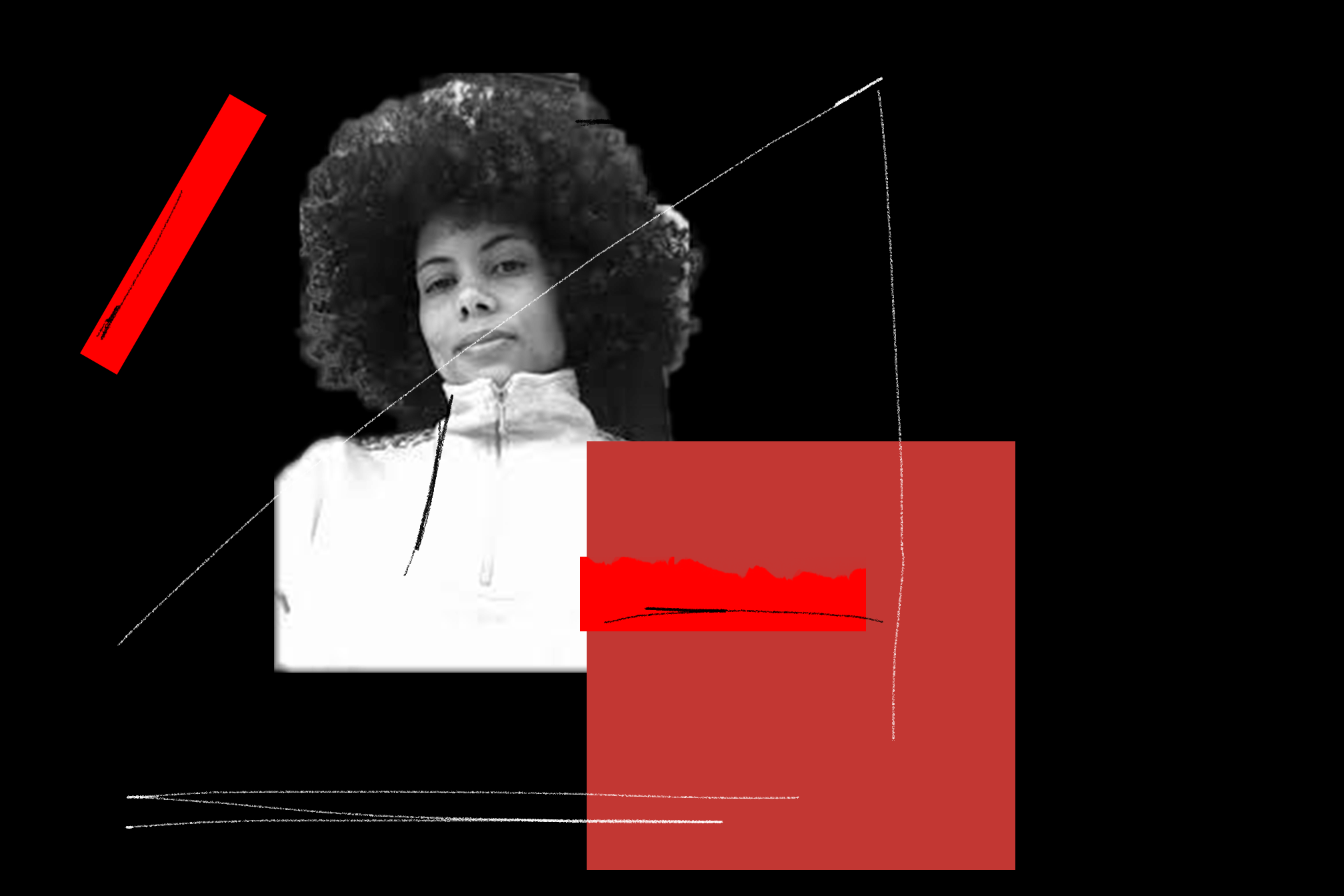
HYPOESTES
Even as DJ Zinhle saw herself being blamed for the rumoured split of Afro house duo Black Motion, once in a while, the very tool used to try to pry apart the lives of our women can be used for good. Earlier this year, Boddhi Satva hosted a live discussion on YouTube which included Greg Maloka, ex-manager of South African radio station Kaya FM, who resigned after allegations of misconduct and harassment were levelled against him. During this panel, viewers started to quiz him about the allegations in the comments section. When the gentlemen on the panel could no longer ignore the stream of questions, the comments were swiftly switched off and the conversation seemed to resume without much interruption, as they proceeded to talk about how much they support women as “goddesses” and “queens” — driving home the point that we as women would need to be at the very least, rich, powerful or influential in order to gain the respect of men.
Mandy Alexander, a DJ and journalist from Cape Town known as Hypoestes, has seen this power struggle unfold many times and has unpacked issues of segregation and access in her own writing, as well as on her radio show, Safe Space. She feels that as much as the world is curious about what Africa’s dance scenes will offer next, there needs to be a greater understanding from international audiences of what the women in our scenes experience:
“Who do you go to, when men who have so much power dominate? You feel as if you need to be silent in order to keep the peace; to keep the place in the industry that you’ve worked so hard to get. What helps is having platforms that will listen. As painful and as mentally taxing as it is, this article is very important. Even if it’s not received well in South Africa, people are reading it. In the times that we’re living in right now, just the conversation and being able to have it somewhere is my win at the end of the day. Even in the article I wrote about segregation, it was tough because you’re dealing with things that people would rather have swept under the carpet.”
The things Mandy addresses, along with the aforementioned accounts are just a few incidents in South Africa where silence and fear of mass targeting and doxxing has allowed perpetrators of harm to continue unchallenged. If South Africa can’t get this right, what is to be expected from other countries across the continent that hasn’t yet attracted the same level of international attention through their arts? If house music is about “love”, should this not be extended to women who make and enjoy their art with their entire being, on stage, on the dancefloor, behind the scenes and behind closed doors?
Read this next: 17 women shaping African dance and electronic music
In previous years, women DJs have quickly risen to fame due to the more democratic platform social media provides and the advent of the internet, enabling them to sidestep gatekeeping, controlling and connected patrons as well as months and years of unnecessary struggles in order to become more independent in their movements. Maybe it is their progress, self-determination and unattainability that is so offensive to the men who don’t see these women as valuable to begin with. Many men in electronic music take pride in being purists, touting declarations such as: “I am a true fan of good music. Other people don’t understand but I do. l have a deep love for the music — I’m not here for gimmicks, hype or hits.”
Prized house producer Citizen Deep took to Facebook to call out “horny promoters who book pretty women who can’t DJ” resulting in a string of insulting comments from his most die-hard fans levelled at acts such as radio and club DJ Lamiez Holworthy, who have spent years earning their places and honing their crafts, only to have work reduced to “the power of pussy”, with their sets being designed to showcase their hair, nails, breasts and face-beats. While it is true that many DJs, whatever their gender or skill level, are booked because they bring a visually impactful presence to their performance, women tend to cop most of the flak here. Women are not allowed to make mistakes during their sets, having to work twice as hard to make their audiences listen beyond, let alone fully accept, their outward appearance, with onlookers forgetting that often the only way to gain the experience needed to become a world class performing act is to play in front of crowds. There will be mistakes, always. Such is the path toward professionalism.
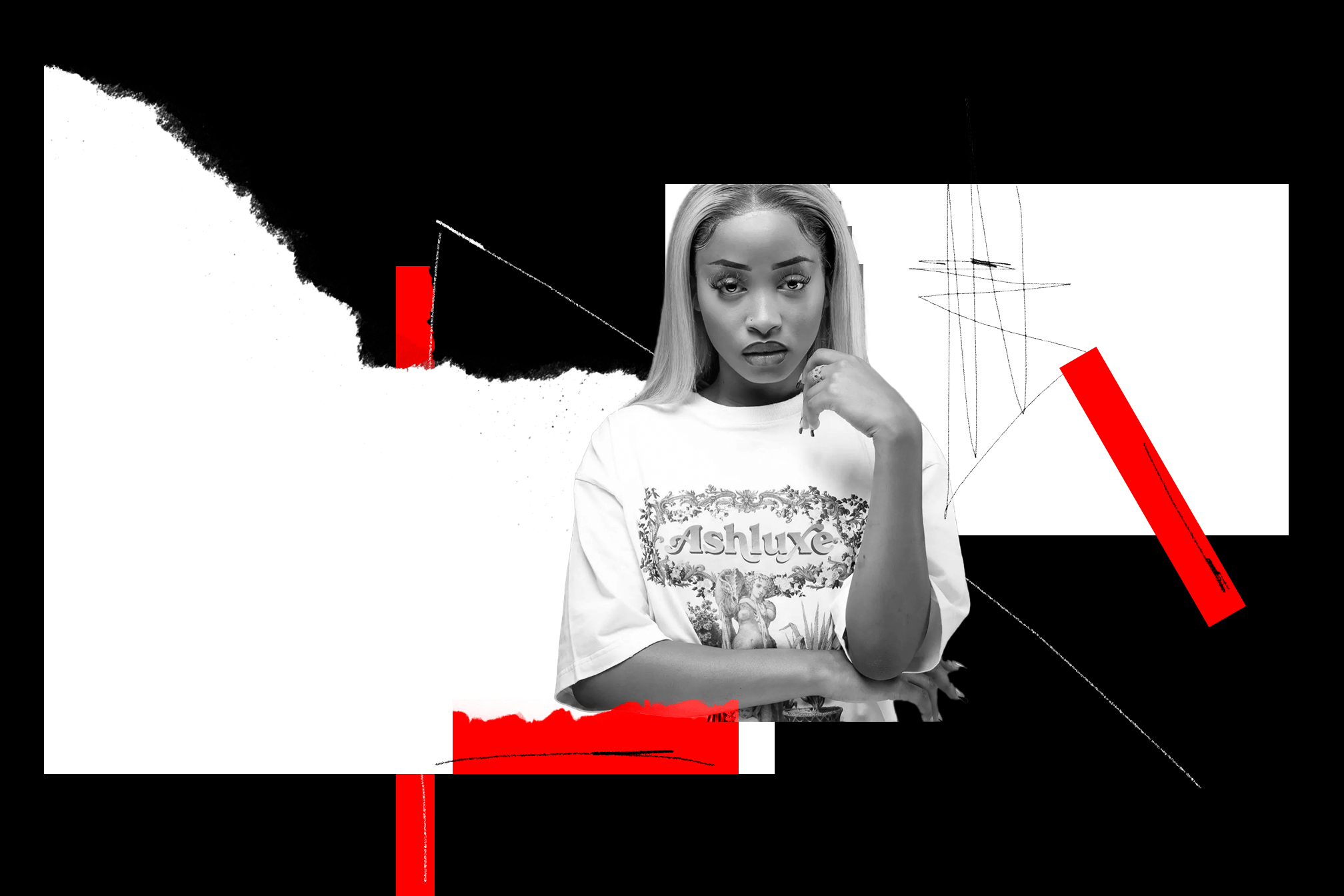
UNCLE WAFFLES
Uncle Waffles has enjoyed numerous bookings across the world due to her compelling performances, handling the criticism directed at her with steadfast confidence and grace. In the release of her debut EP 'Red Dragon', she shows everyone her capabilties, claiming Number 1 spots standing shoulder to shoulder with South Africa’s best.
“When I started this journey, the initial goal wasn’t to go into the music industry, the goal was just to learn. I started working a new job surrounded by a lot of creative people, so I learned how to do a little bit of everything. I wanted to learn for [the sake of] learning, not to become [a DJ]. When I was practicing alone, that’s where the love came. I spent hours alone every day of the week learning the fundamentals and going through the stages of practicing and execution. The music-making aspect comes now, where I want my own individual sound. There’s always going to be positivity and negativity, you won’t always be everyone’s cup of tea.”
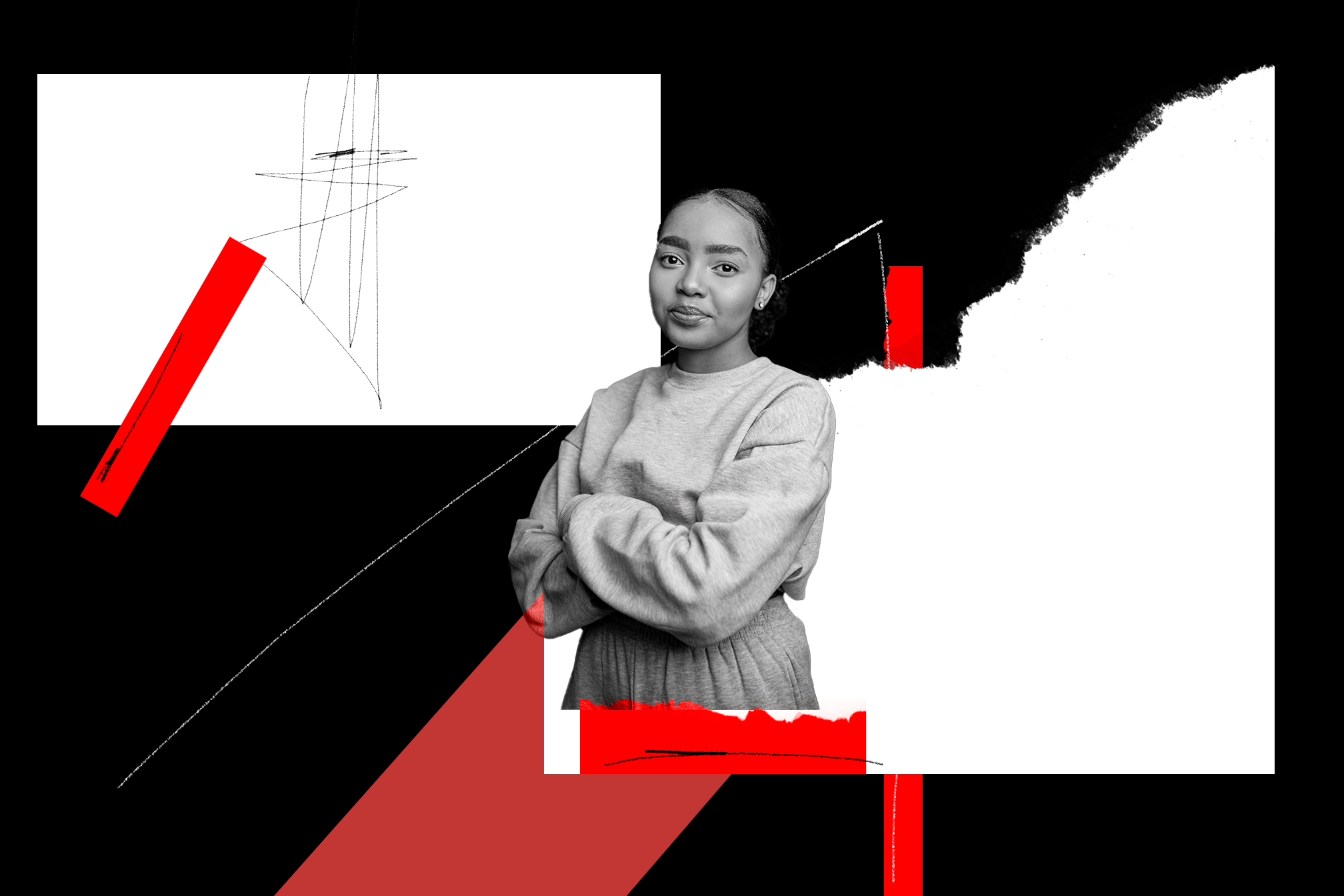
JUDY JAY
Often this hate is an individualistic sentiment compounded by groups of men who consider themselves specialists, or part of a “calling” reserved for those who “get it” versus those who don’t “understand.” What these men really mean to say is, “the more popular, visible, booked and busy she becomes, the less attention women like her will pay to me as a man. I’ll have less control over this precious music, and less attention on me as a DJ. If I can’t have her, or her place on any stage, nobody should.” These thinly veiled sentiments of envy and misogyny are clearly quite the opposite of pure love.
What does sound like love is Judy Jay’s announcement of her exit from the dance music scene as a DJ. In mid-November, the young 'After The Storm' producer took to social media to announce her departure to focus on her personal life and wellbeing – the truest, purest act of self-care in an age where fandoms, stardom and outward achievements are constantly valued over care for oneself. Whatever Judy’s reasons were, she has since returned with as much energy as she started, but it can’t be denied that this industry is a draining place for women aiming high.
“Yes, it is true that I had decided to leave the scene. To be honest as a woman it has not been easy being a DJ in this male dominated industry. As demanding as it is and all the baggage it comes with, I got too overwhelmed to a point I could not handle it. My mental health got compromised. I then gathered some courage and decided to return where I belong.
“As a woman my most important contribution is inspiration. I honestly did not think that I would reach this level and thanks to the hard work I, along with my team, have put it we grow strong by the day. As a very young woman I want that young girl to know that it is possible to pursue your dream and make it a reality. The scene has changed and is evolving rapidly so I want to make sure that I contribute to this change.”
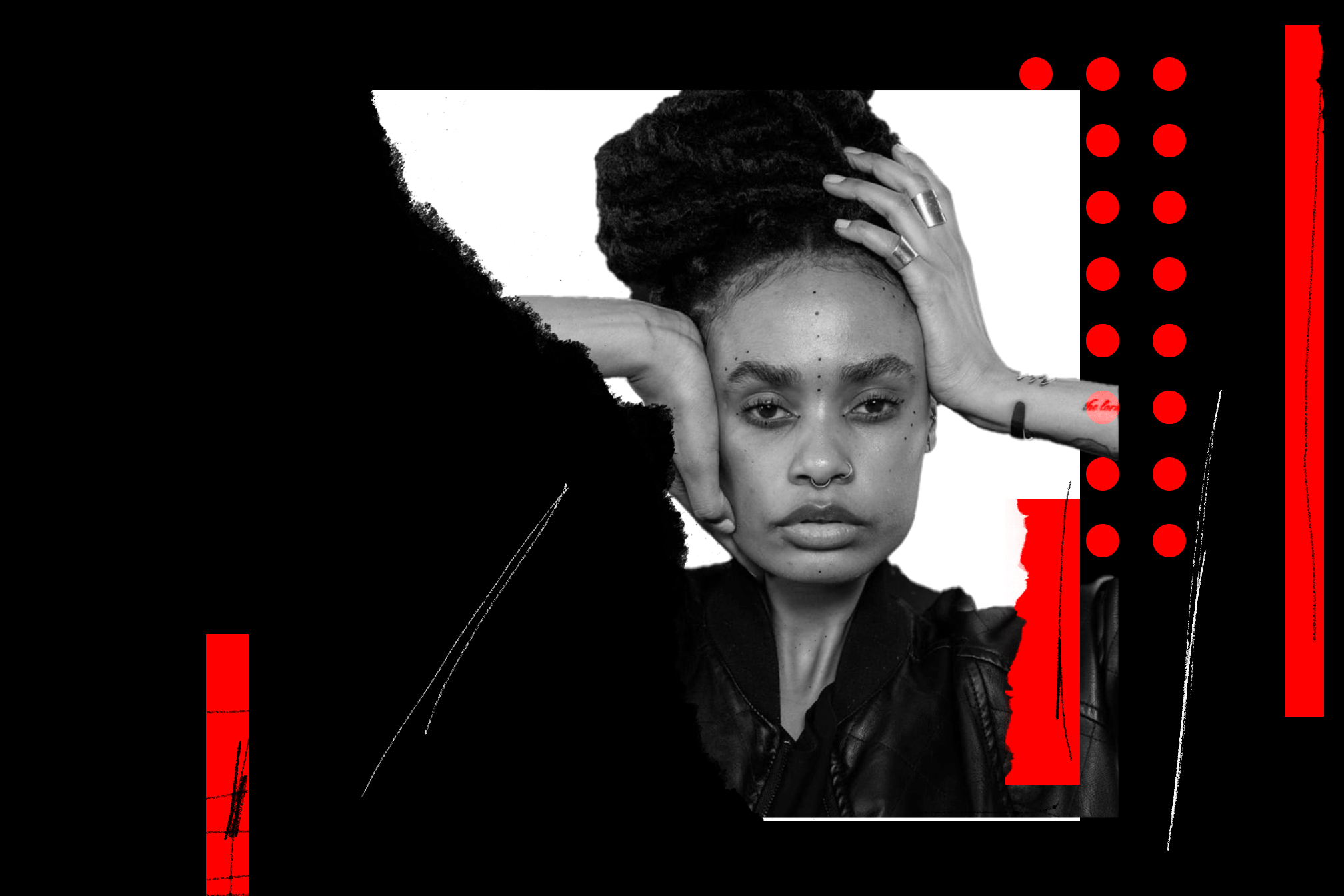
SIO
Similarly, Siobhan King, going by Sio, has made a statement announcing her exodus from house music due to the feeling as though she no longer can keep ownership of her voice. Her vocal videos are often ripped and flipped into productions and remixes that she can no longer trace or take credit for. In her groundbreaking album 'Features', Sio details her thoughts and feelings around Africanness, womanhood, the way her looks are often spotlit, and how women are seen as embellishments on dance music tracks rather than as key producers or composers. The reception to this album has been immense, especially from women in the scene who felt she had voiced the concerns they were often too afraid to raise.
“It’s complicated... To be African is to be vilified, to be demonised, to be excluded based on geography, race, colour, creed... But generally I have a lot to celebrate within my Africanness, in the diversity of my people, and the richness of my continent and heritage. As a woman, there has been incredible support and rallying behind the messages, behind the stance I took, the things I needed to express in terms of the lyrical content and context of the album, as well as me taking the lead as opposed to being the featured vocalist. It’s ‘shaken [things] up’, which is exactly what I wanted it to do. It’s shaken up how people receive music and the space vocalists take up. I hope that it brings the vocalist far more value than they’ve been given in the house music scene.”
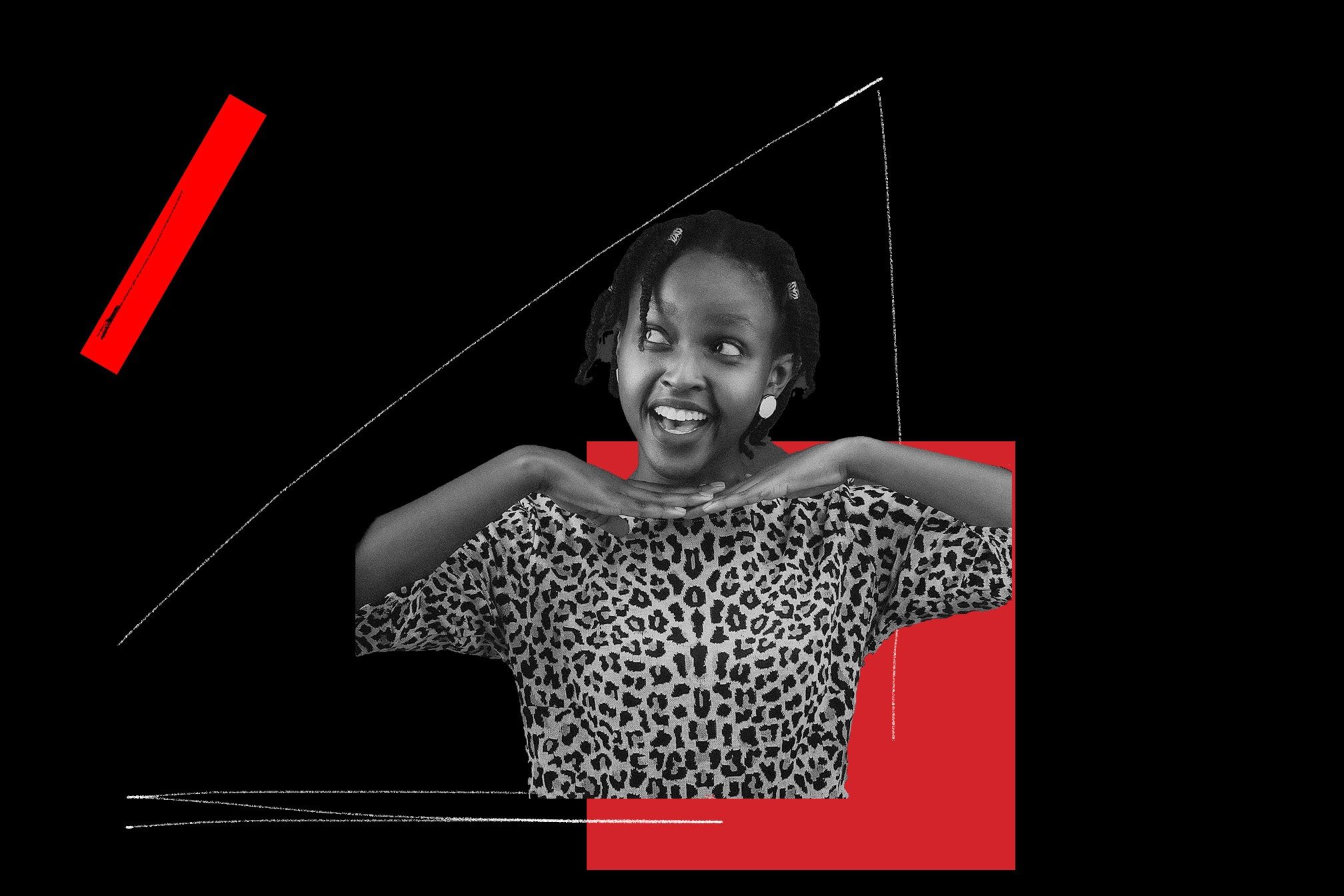
TINA ARDOR
Kenyan singer-songwriter turned DJ Tina Ardor had to take the same measures as Sio in her career, blending her vocal abilities with DJing just so she could walk the same path as the men in her scene. Since she has celebrated her Africanness every ay she can contemplate:
“As a singer-songwriter I’d say my biggest strength is being a multilingual enthusiast. I like to sing in different local dialects in my music as I also delve into the cultures of those communities. It’s fun and adventurous and keeps things fresh all the time. At this point, there’s a lot more yet to be explored and I’m excited about the future. Africa means everything [to me]. Every day I wake up or enjoy any kind of music, I smile and I have never been more proud to be African. As mentioned earlier, I incorporate different African/local dialects in my music and the uniqueness of the melodies is immeasurable and priceless. Since my childhood, I have enjoyed many folk songs and tunes that we sang in school. My mother on the other hand, has an amazing memory and she sings to me sweet lovely tunes she sang as a child. Most of those tunes have actually inspired the music I do today. Africa has always been and will remain to be rich many ways.”
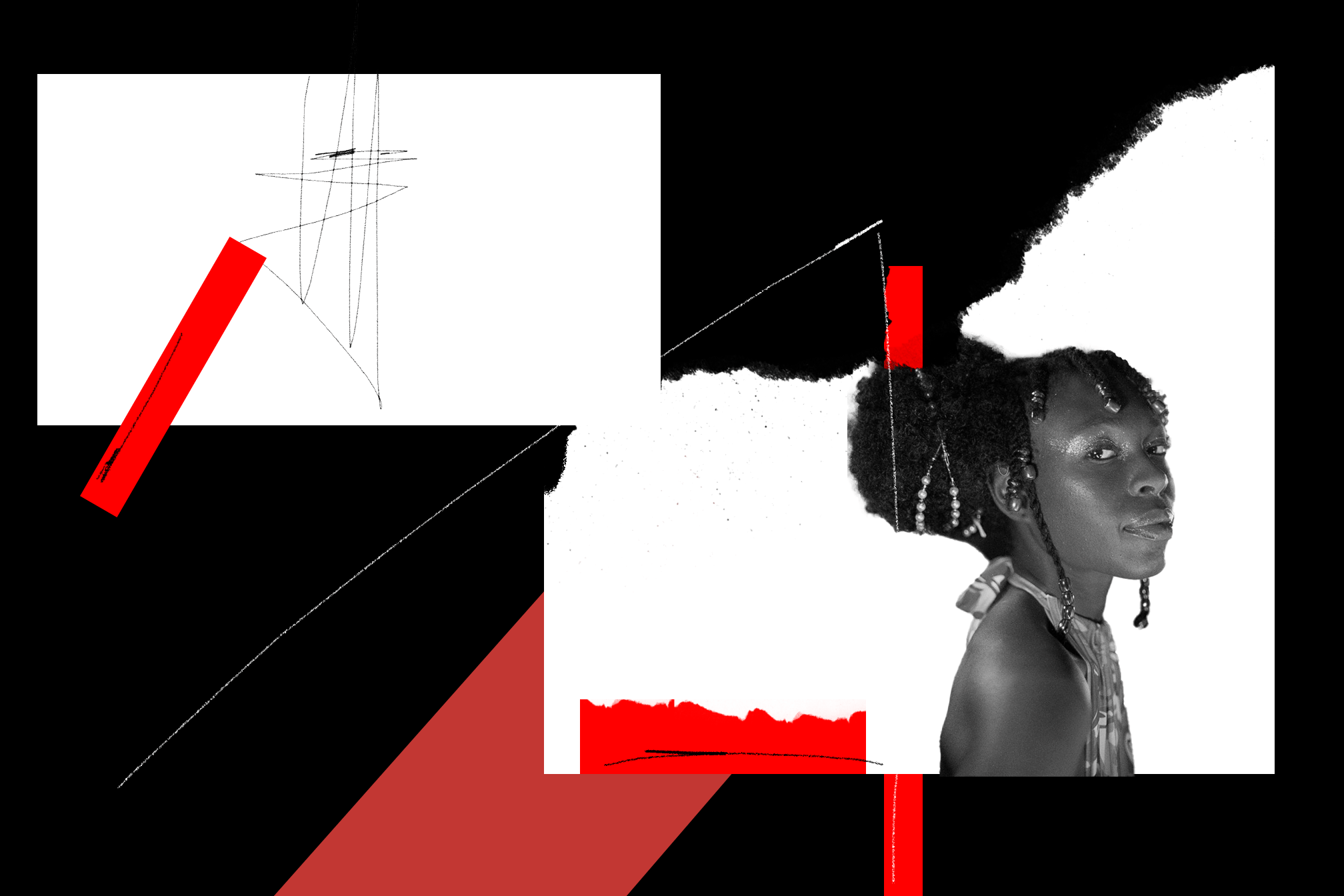
DJ GHBOI
Africanness has always been considered somewhat trendy, particularly of late, but women who, like Sio and Tina, are making headway with their music while straddling countries and cultures, often still feel displaced. As movements are being built to make room for women in electronic music, African scenes have been much slower to champion queer and feminist growth. Over in Ghana, politicians are working to pass a bill which would make it a crime to be gay, bisexual, transgender, non-binary or even an ally, punishable by up to five years imprisonment. In response to this, the #KillTheBill campaign is in full swing. Performing at Accra’s first womxn-centered festival in late November this year, “Where Are the Wxmen”, DJ GHBOI has carved out a path for herself and others like her, championing free expression of gender and sexuality.
“On the ground there is some tension between the two sides. However, it has not dampened the spirit of the movement, which in my opinion is a battle cry to resolve a fundamental human rights issue. I see it as a call spearheaded by the youth to not regress in our progressive development as a society. A lot of people I know support #KillTheBill and are inspired by the movement. Being someone in the creative space and music industry, I see more and more expression through art and music, from members of the community as well as allies. That’s very encouraging to see. The truth is that more equitable societies develop faster [this way] and this type of activism helps achieve that for many marginalised groups including women, with all the societal limitations and stigmas imposed on us. I think it benefits everyone, to be honest, because it allows us to challenge the status quo and have our voices heard as a people.”
Read this next: Ayaata Corner is the epicentre of Ghana's fight for LGBTQIA+ rights
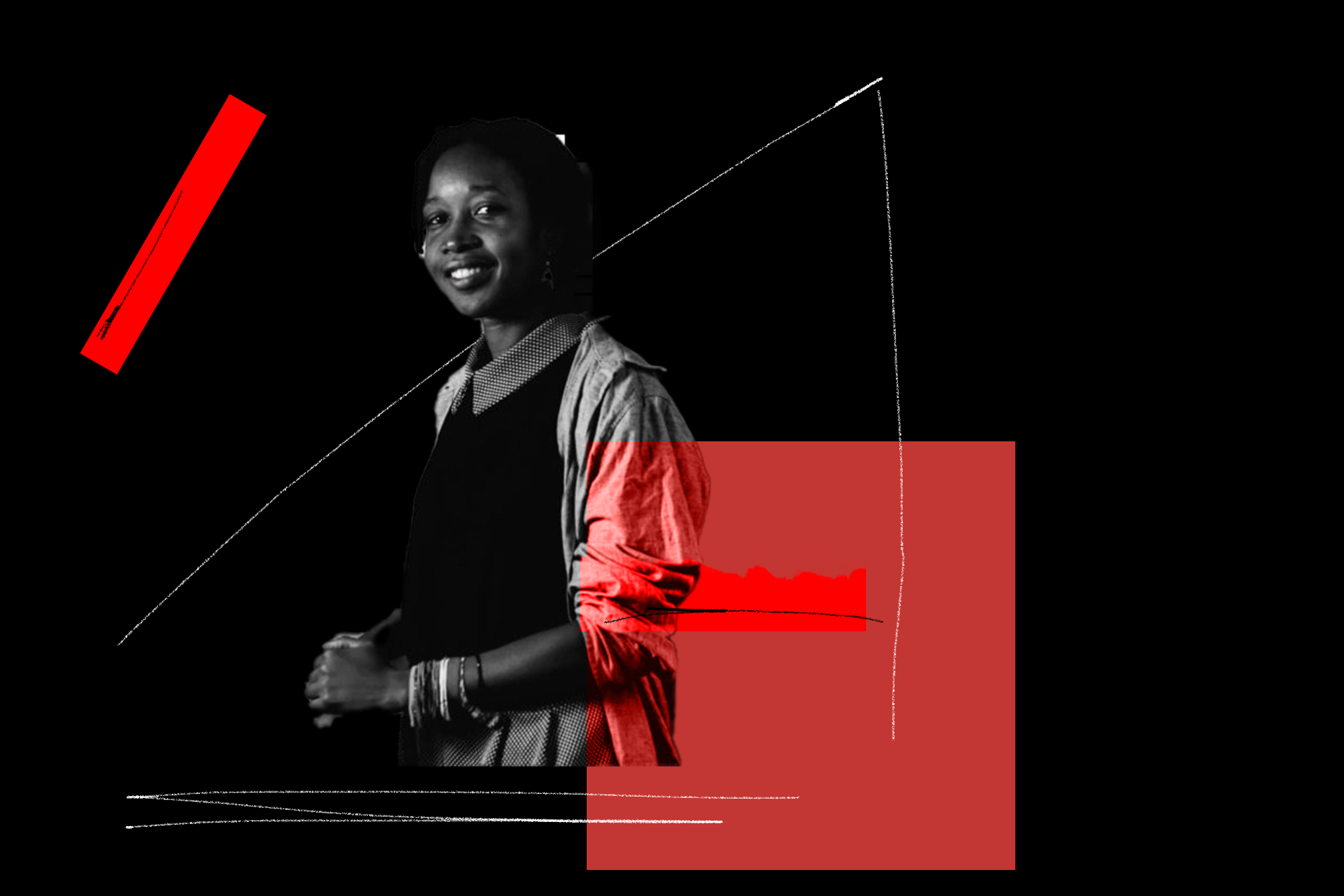
CHABELA
Similarly, Ivory Coast-hailing Is Isabelle 'DJ Chabela' Guipro has been championing Afro house-and-tech scenes in Abidjan, and often has to single-handedly fight for her place as a pioneer in her field. Lately, things have started to look up as house and tech make their way throughout West Africa alongside amapiano, and here as a curator, DJ and events host, she’s taken up her time to shine.
“I felt a bit like an outcast here, even with my friends I feel like I’m on another planet. People don’t understand because they are showered with the same type of music all the time. They expect women to be all the same, to behave the same, listen to all the same music... I really enjoy listening to and playing dance music because there are so many layers – the energy is good, and you can really let go. You can play with a drum or a melody, you can do some fusions with different genres. It’s sad that in most French African countries it’s not popular. It’s starting to grow, however, and we’re working on it, everyday.”
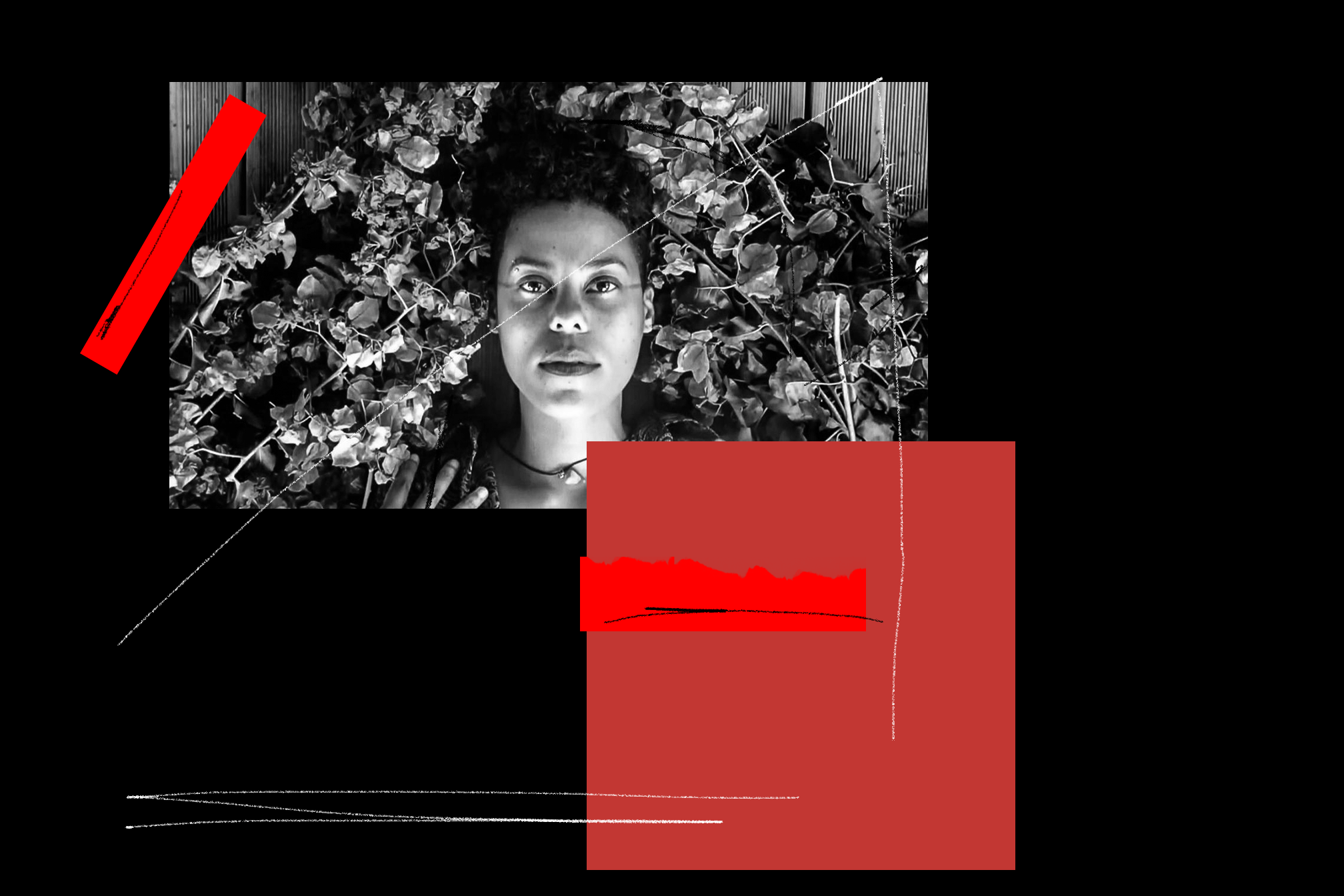
EAT MY BUTTERFLY
Producer and multi-instrumentalist Eat My Butterfly, lives and creates on the island of La Réunion which carries a heavy colonial history, but she continues to express her own self-love and identity in her music -- a combination of traditional creole with electronic instrumentation in the Maloya style native to the island.
“Being a woman of colour with African roots is a very powerful thing. Réunion is in between the French system and so many other traditions (Afro, Malgache, Indou, etc.) and it’s sometimes hard to convey myself in full spectrum, especially when I'm in Europe far away from my island. I think that we are still missing African women at the top in the music scene, being visible and rewarded for their work. I think that we need to keep supporting non-white artists and make space for welcoming them. It is the only way [to] open art to its full potential of richness.”
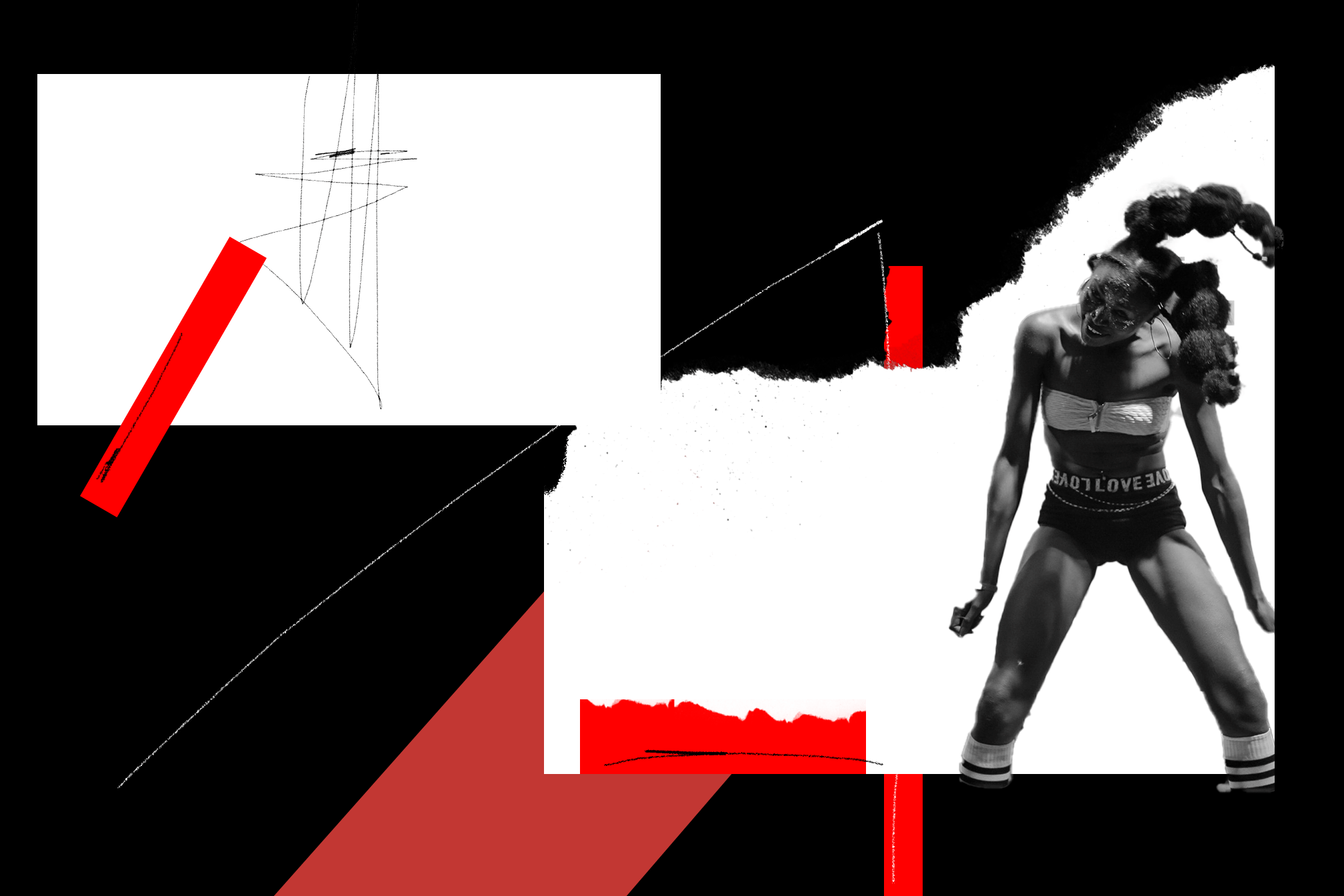
CATU DIOSIS
Ugandan DJ Catu Diosis runs a stable called Dope Gal Africa, as an events series and a self-hosted monthly radio show over at Sphere, that aims to champion femme and queer acts from the continent. So far she’s created space for acts such as Makossiri and King HER, with a defining moment coming to her when the Nyege Nyege team handed over the reins at their festival in order for her to produce her own show:
“I got to manifest a vision I had of basically incorporating DJing and dance with other dope gals in the scene, which was so much fun... I was joined on stage by my friend and Blacksistarz partner R3ign Drops, and dancers I admire so much, in Rozemerie and Cathy Patra. It was pure magic, the cutest and most rewarding risk I ever took as a DJ. Throughout my career as a touring Ugandan female DJ, I felt the imbalance in representation particularly for black femme, female and queer artists in clubs and festivals and yet they serve the most memorable and sensual performances every time. So for me, Dope Gal was birthed from wanting to meet and work with more female & queer artists because they are just more fun and easier to vibe with. Despite there being some more female and queer DJs getting booked in Africa, they are still pushed to the margins in many scenes so hopefully in that sense Dope Gal as platform can help create more balance in the industry.”
Read this next: How GIRLSofGRIME are overturning imbalances in the UK rap scene
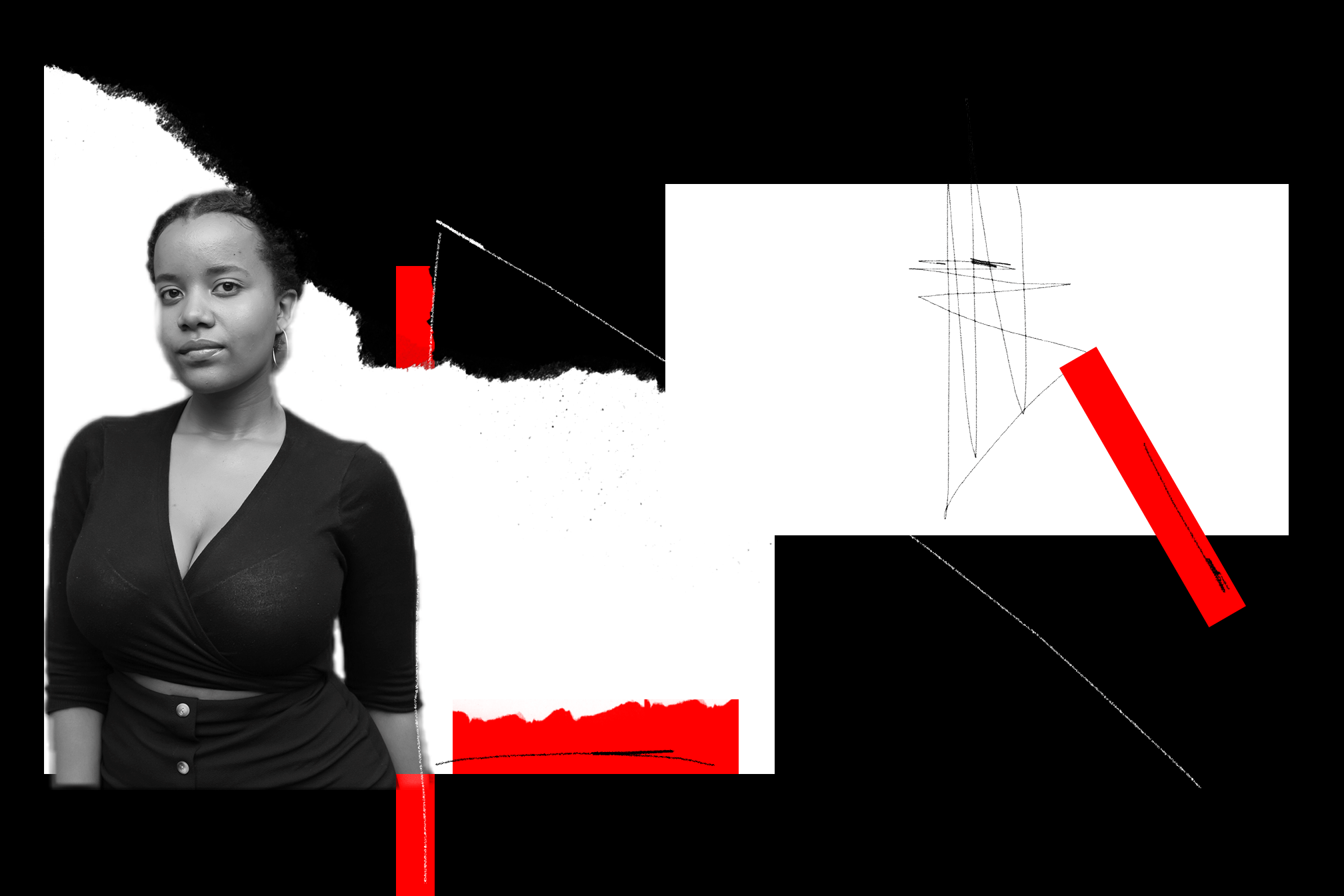
MICI
Often the problems within a country’s borders are enough to contend with, but Mici, a singer-songwriter born in Zimbabwe and raised in Berlin, has straddled multiple worlds that could easily have made her feel unwelcome, and hustled to find her way into the house music scene where she’s made a new home.
“I first collaborated with TekniQ on his 'Journey of Transitions' EP with Aluku Records. I was so excited because I absolutely love TekniQ’s music. It also catalysed a sequence of collabs with legends like Lemon & Herb and other amazing deep house artists from South Africa. Despite some tensions between Zimbabwe and South Africa, I feel so at home in SA and with SA artists. SA really welcomed me and I'm so grateful for that. We just get each other and share so much in common. Before colonisation we moved as one and I hope we open our eyes to continue to do that. Another thing I want to highlight: singers are vocal producers. Did you know that being a vocal producer is a whole career? It's an actual title. Not only do we write the songs. We arrange the song and record background vocals, and harmonies. We need more credit for this honestly.”
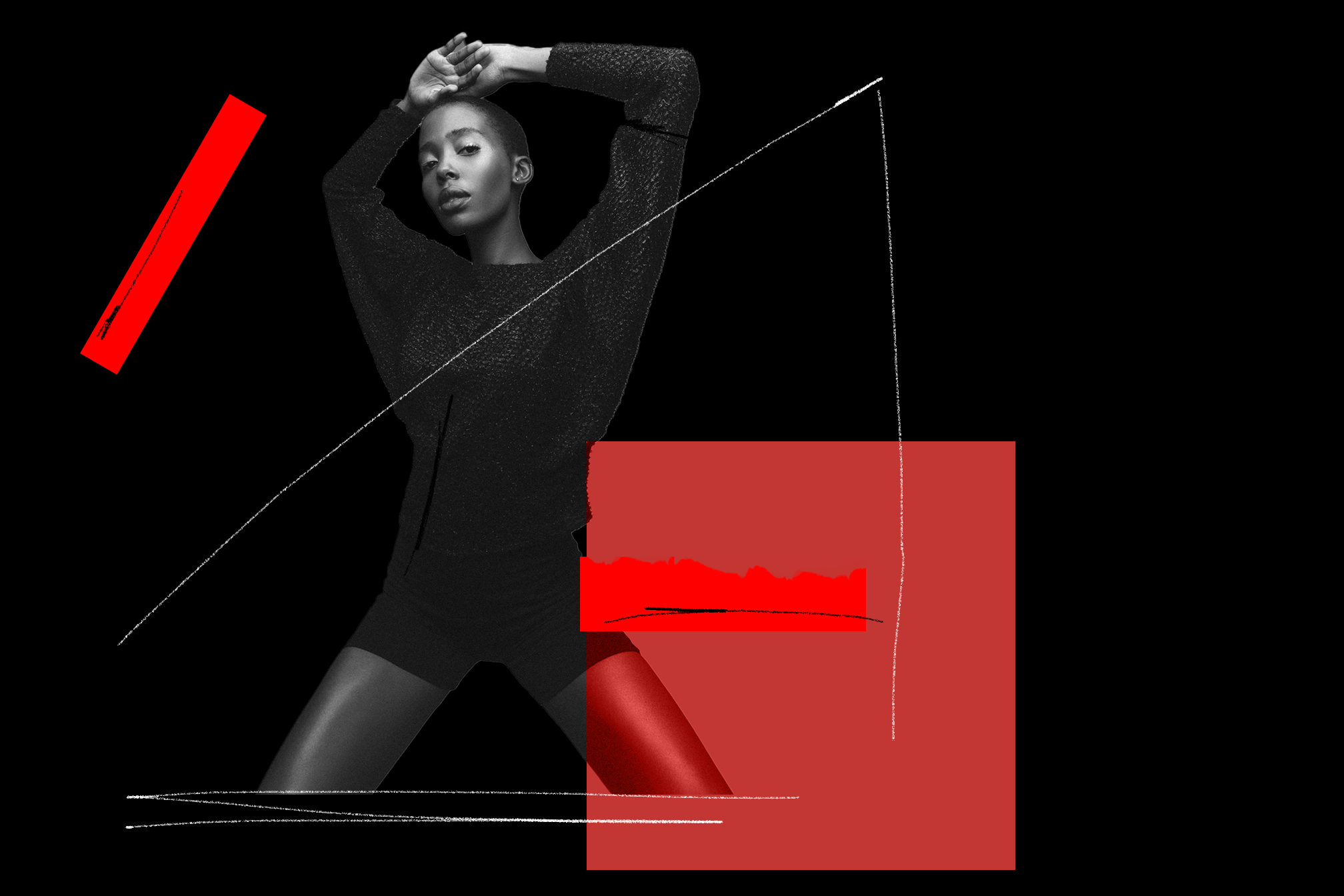
DESIREE
South African Afrotech and techno DJ-producer, model and intersex activist Desiree has had an amazing upward trajectory. She attributes her success to the women behind the scenes who gave her a leg-up in the beginning, ultimately helping her reach her position as one of the most in-demand DJs in the South African underground. Today, she feels that coming out as intersex was the most freeing thing she could have done, and since then she’s gone on to tour Germany, Paris, the UK and now Mexico, and released her debut EP, 'Femme Tech'.
“After living in secret and shame for so long, taking this step to be unapologetic about who I am has instilled a confidence in me that radiates even when I am performing. Being unapologetic about being intersex has provided representation and visibility for people like me and for that I am extremely proud! I got my first couple of real gigs when nobody knew who I was, from promoters/artists who are women; one of them being Surreal Electronica hosted at Kitcheners in Johannesburg by Jackie Queens. This went on to become my first residency, and DBN GOGO gave me an opening slot at a gig she hosted when I was still starting out. I continue to be awarded many opportunities due to the presence of women behind the scenes in the dance music industry. These women work tirelessly to root and vouch for myself and other women and that is the power of representation and diversity.”
[Photo credit: Silvia Mkvte]

What many of the perpetuators of toxic practices need to understand is that powerful men are not the ones who will determine the future of Africa’s music industry. More and more women are taking up positions of power in dance music and the industry at large, changing the landscape for the women around them. Women doing tireless work behind the scenes, such as Eva DXB who founded the UAE’s first amapiano scene at Urban Black Events and is now partnered with Universal Music; Zimbabwean-South African Jackie Queens who offers ear, shoulder and stage to women across the content at her company Bae Electronica has earned the industry’s respect as an artist, manager and educator; Kenya’s Faiza Hersi of Soul Headquarters offers a strong alternative to male promoters in Nairobi; Apple Music’s Athandiwe Ntshinga who ideated the African dance music stable Isgubhu, is exponentially growing dance-artist’s international reach; not to mention music managers and moguls Thuli Keupile, Sibu Mabena, Kamo Mailula, Janice Phiri, Reba Shai and Zethu Gqola who have all made their presence felt internationally. African women who were once considered “difficult,” “stuck up,” or “pretty girls won’t can’t DJ” are taking high-powered positions as curators, editors, label bosses and agents.
Tendai Kathemba is a Zimbabwean-born advocate and wellness counsellor based in Cape Town, South Africa, specialising in gender dynamics and holistic mental health, which is particularly difficult to navigate for Africans operating in a world governed by Western influence.
“It is encouraging that Black African women have been, are and continue to re-define themselves and re-imagine different narratives as we carry on the baton from our ancestors,” she says. “It is important to remain critical thinkers as African women, especially in light of feminist movements that exist largely to serve white women, and embodies Western ways of being. As Africans we have a history that has been intentionally and systematically suppressed over centuries by Western civilisation. Many of our African ancestors lived in matriarchal communities, where women were held in high regard and not viewed as threatening and/or inferior to men, however, it is not to say Africa existed in utopia and gender dynamics did not exist. Both feminine and masculine energies (which everyone has) have existed as a duality since the beginning of life. There is no separation. Both are equal and need each other. They do manifest and impact differently, and if we can get to a point of honouring nature, learning from it and recognizing that these power dynamics which have resulted in gender wars are on the whole unnatural and alien, will ultimately destroy us all if we don't take time to understand who we truly are.”
Whatever your ideas or tastes are about who should do what, when and how, we must remember why dance music exists for Africans, both past and present. Our music far surpasses entertainment, and carries our understanding of who we are, from the superficiality of our skin through to the depths of our bloodlines reaching across generations. Drumbeats that originated on the continent aeons ago were uprooted and dragged across the ocean, our sense of self embedded in our chants and melodies as Africans became enslaved on foreign lands; nestled, nurtured and rebuilt in warehouses for the weary and brought to prominence by the bold, finally finding their way back to Africa when its people needed freedom and acceptance more than ever. It’s music that is meant to unify, liberate and express. Our drum beats, chants and melodies offer a collective experience that is not meant to keep others out and chosen ones in; it’s a chance for the marginalised to find safety and kinship, to cultivate a fullness of living; a chance to remember our pioneers and encourage new voices to speak our futures into existence. A chance for everyone who loves music and is able to move and be moved to “come one”.
We may not see the improvement we need in this lifetime as progress happens so slowly, but conversations like these create community, and communities share the load while keeping each other moving, dancing toward the future we know our music can bring us to. The only way we can make these ideas real is if we damp down the noise and use this moment to fight the silence in harmony – with ourselves, each other and the masculine and feminine energies we all possess.
If you or anyone you know needs someone safe and understanding to talk to about your similar experiences, feel free to contact Tendai at [email protected].
Shiba Melissa Mazaza is a freelance writer, follow her on Instagram


